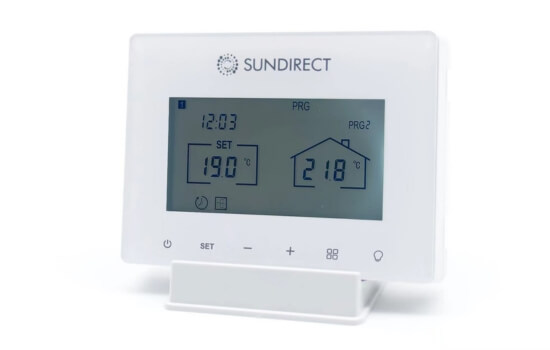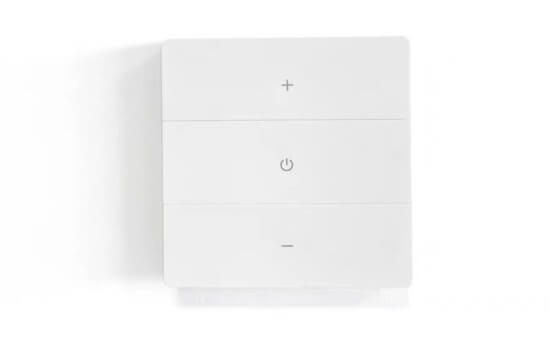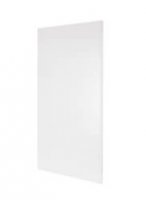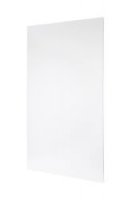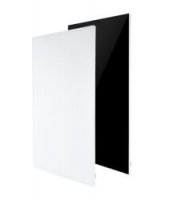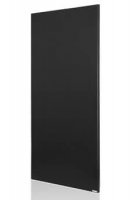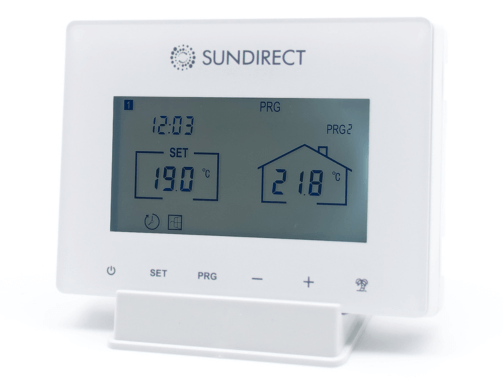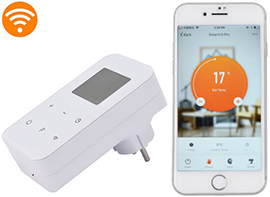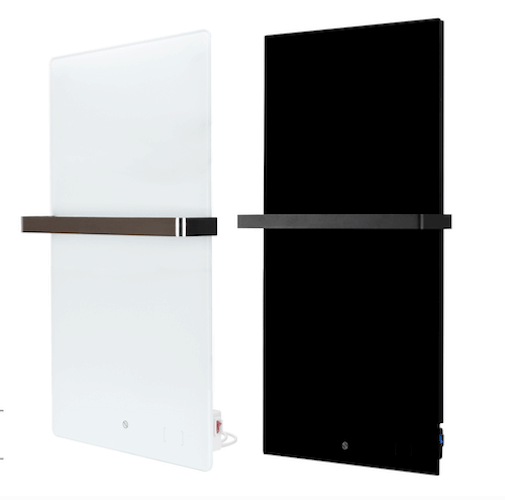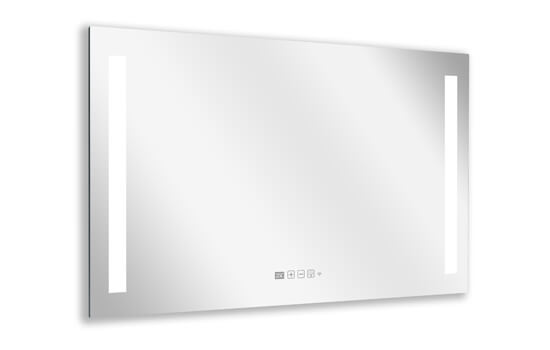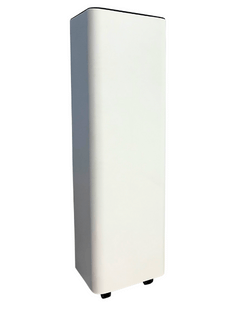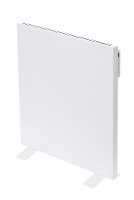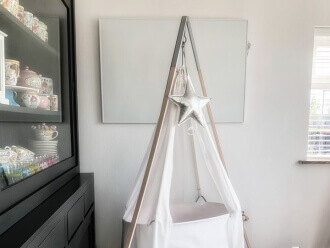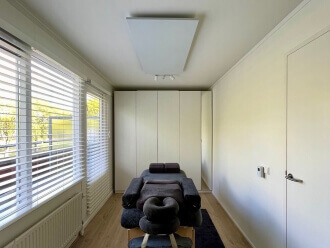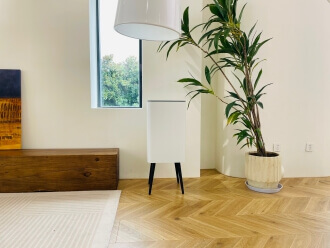Portable heaters are a great way to stay warm, but they come with risks. Many people wonder: Are portable heaters dangerous if plugged in overnight? The short answer is yes, they can be if not used properly. This article will cover the risks, safety measures, and best alternatives to help you use your heater safely.
Understanding Portable Heaters
Portable heaters come in various types, each with its own safety profile:
- Ceramic Heaters – Energy-efficient, quick heating, and cool to the touch.
- Infrared Heaters – Emit infrared radiation, warming objects directly.
- Oil-Filled Radiators – Slow but long-lasting heat, safer for prolonged use.
- Fan Heaters – Heat air quickly but can overheat easily.
Each type has different risks, so it’s important to know how to use them correctly.
Fire Hazard Risks of Leaving Heaters on Overnight
Common Causes of Heater-Related Fires:
- Overheating: Some heaters lack automatic shutoff features.
- Flammable Objects Nearby: Curtains, furniture, or blankets catching fire.
- Faulty Wiring: Old or damaged electrical cords causing sparks.
Real-Life Incident: In 2021, a space heater fire in New York resulted in 19 fatalities due to overheating and lack of automatic shutoff.
How to Reduce the Risk:
Keep at least 3 feet of clearance around heaters.
Never leave heaters unattended for long periods.
Check for safety certifications like UL or ETL.
Carbon Monoxide Poisoning Risks
Most electric heaters are safe from carbon monoxide (CO) poisoning. However, fuel-burning heaters (kerosene, propane) must have proper ventilation to prevent CO buildup.
Warning Signs of CO Poisoning:
Headaches
Dizziness
Shortness of breath
Safety Tip: Use a CO detector if you rely on fuel-based heaters.
Electrical Overload and Short Circuits
How Portable Heaters Can Overload Circuits
- Drawing too much power can trip breakers.
- Old wiring may not support heater wattage.
- Using extension cords increases fire risk.
How to Stay Safe:
Plug heaters directly into a wall outlet.
Use heaters with energy-saving modes.
Avoid running multiple high-power devices simultaneously.
Burn and Contact Injuries
Did you know? The surface of some heaters can exceed 200°F (93°C)!
Safety Precautions:
- Keep children and pets away from heaters.
- Use models with cool-touch housing.
- Place heaters on stable, non-flammable surfaces.
Overheating and Malfunctions
Signs your heater might be faulty:
Unusual burning smells
Frequent power surges
Cracked casing or exposed wiring
Replace heaters every 5–10 years for maximum safety.
Safety Features in Modern Portable Heaters
Look for these essential safety features:
Overheat Protection – Shuts off when too hot.
Tip-Over Shutoff – Turns off if knocked over.
Automatic Timers – Prevents overnight usage.
Best Practices for Using Portable Heaters Overnight
Set a Timer: Never leave a heater running for more than 4 hours unattended.
Keep it Away from Bedding: No blankets or clothing nearby.
Use a Low Setting: Lower wattage reduces risk.
Alternatives to Leaving a Heater on Overnight
Electric Heated Blankets – Energy-efficient and safe.
Smart Thermostats – Regulates room temperature safely.
Legal and Insurance Considerations
Home insurance may not cover fires caused by negligence. Always read your policy and follow manufacturer guidelines.
Energy Efficiency and Cost Considerations
Leaving a heater on overnight can increase electricity bills by 30%. Consider insulated blankets or smart heating systems for better efficiency.
User Reviews and Expert Opinions
Experts recommend oil-filled radiators for overnight use due to their safety and efficiency. Users also favor ceramic heaters with auto shutoff.
Frequently Asked Questions (FAQs)
1. Can a space heater start a fire while I’m sleeping?
Yes, especially if it overheats or is near flammable objects.
2. What is the safest portable heater to use?
Oil-filled radiators and ceramic heaters with automatic shutoff.
3. Can I use an extension cord with a heater?
No, it increases the risk of electrical fires.
4. Are ceramic heaters safer than other types?
Yes, they stay cooler and often have auto shutoff.
5. What should I do if my heater smells like burning?
Turn it off immediately and check for dust buildup or faulty wiring.
6. How far should a heater be from furniture and walls?
At least 3 feet to prevent fire hazards.
Conclusion
Portable heaters can be dangerous if left on overnight, but following safety guidelines can minimize risks. Always opt for modern heaters with safety features, and consider alternative heating options for better efficiency. Stay warm, but stay safe!


